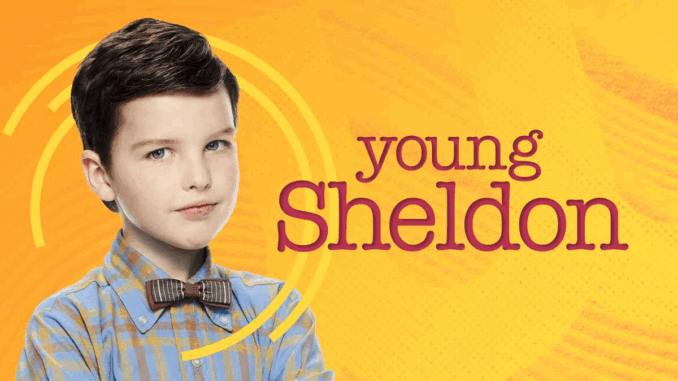
Introduction: The Irony No One Saw Coming
In the vast universe of TV sitcoms, irony sometimes sneaks in so perfectly that it leaves fans reeling—years later. That’s exactly what happened with a particular scene in The Big Bang Theory featuring Jim Parsons, who played the iconic Sheldon Cooper. Long before Young Sheldon ever graced our screens, Parsons unknowingly delivered a line that now feels like a mocking jab at the prequel. And rewatching it today? Well… it’s awkward, to say the least.
What Scene Are We Talking About?
A Peek into “The Hesitation Ramification”
In The Big Bang Theory Season 7, Episode 12 (“The Hesitation Ramification”), there’s a blink-and-you-miss-it moment where Sheldon and Amy discuss watching TV. Amy, trying to get Sheldon into NCIS, makes an offhand comment comparing earlier episodes to “prequels.” Sheldon, in his signature snark, mocks the very concept of prequels—completely unaware that he would one day be one.
Why It’s So Hard to Rewatch Now
The Prequel That Became a Hit
Fast forward a few years, and CBS launched Young Sheldon, a prequel centered on the childhood of none other than Sheldon Cooper himself. The irony? That moment in The Big Bang Theory now feels like Sheldon (and Jim Parsons) unintentionally mocking his own future show.
When Fiction Crosses Into Reality
For die-hard fans, that scene has aged like milk. It’s hard not to cringe when you realize that Parsons’ delivery, meant to ridicule prequels, now directly applies to Young Sheldon. Watching it again hits differently—like someone unknowingly roasting their future self.
How This Scene Highlights the Power of Foreshadowing
TV Writers: Psychic or Lucky?
Was this intentional foreshadowing or just a hilarious coincidence? Most likely the latter. But it does underline how layered and unpredictable long-running TV franchises can be.
The Evolution of Sheldon Cooper
From Adult Genius to Child Prodigy
Jim Parsons’ portrayal of Sheldon Cooper earned him multiple awards and critical acclaim. But it’s Iain Armitage’s turn as young Sheldon that deepened the character’s backstory, revealing the awkward, genius kid beneath the quirky adult.
The Legacy of a Character
This accidental mockery only makes Sheldon’s legacy more complex. It’s a reminder that characters evolve—on-screen and off. And sometimes, the jokes write themselves years in advance.
Fan Reactions: Cringe, Laugh, Repeat
Social Media Buzz
Fans have taken to Reddit, TikTok, and X (formerly Twitter) to share their reactions. Many find the scene hilarious in hindsight, while others label it as “cringe gold.” Some even joke that Sheldon saw his future and tried to stop it.
Why This Scene Still Matters
The Layers of Storytelling
This one-liner might seem minor, but it’s now a time capsule. It encapsulates how shows can evolve, spawn spin-offs, and accidentally comment on their own future.
A Lesson in Unintended Irony
It’s also a masterclass in irony. Who knew a sarcastic remark could end up echoing across a franchise?
Jim Parsons and the Role That Keeps Giving
Beyond The Big Bang
Even after leaving The Big Bang Theory, Jim Parsons stayed tied to the character—narrating Young Sheldon and producing the show. So, in a twist of fate, the very prequel he once mocked (unknowingly) became part of his career’s next chapter.
Did Jim Parsons Ever Address the Scene?
Not directly. Parsons has always spoken highly of Young Sheldon and its cast, particularly Iain Armitage. While he hasn’t commented on the irony, fans haven’t stopped pointing it out.
TV’s Weird Habit of Predicting the Future
This Isn’t the First Time
Shows like The Simpsons have built reputations on predicting real-world events. In this case, The Big Bang Theoryaccidentally predicted its own spin-off in the most ironic way.
What Makes a Scene “Hard to Rewatch”?
Emotional Whiplash
Scenes like this are hard to rewatch not because they’re poorly written—but because they gain layers over time. What was once a joke is now a meta-comment